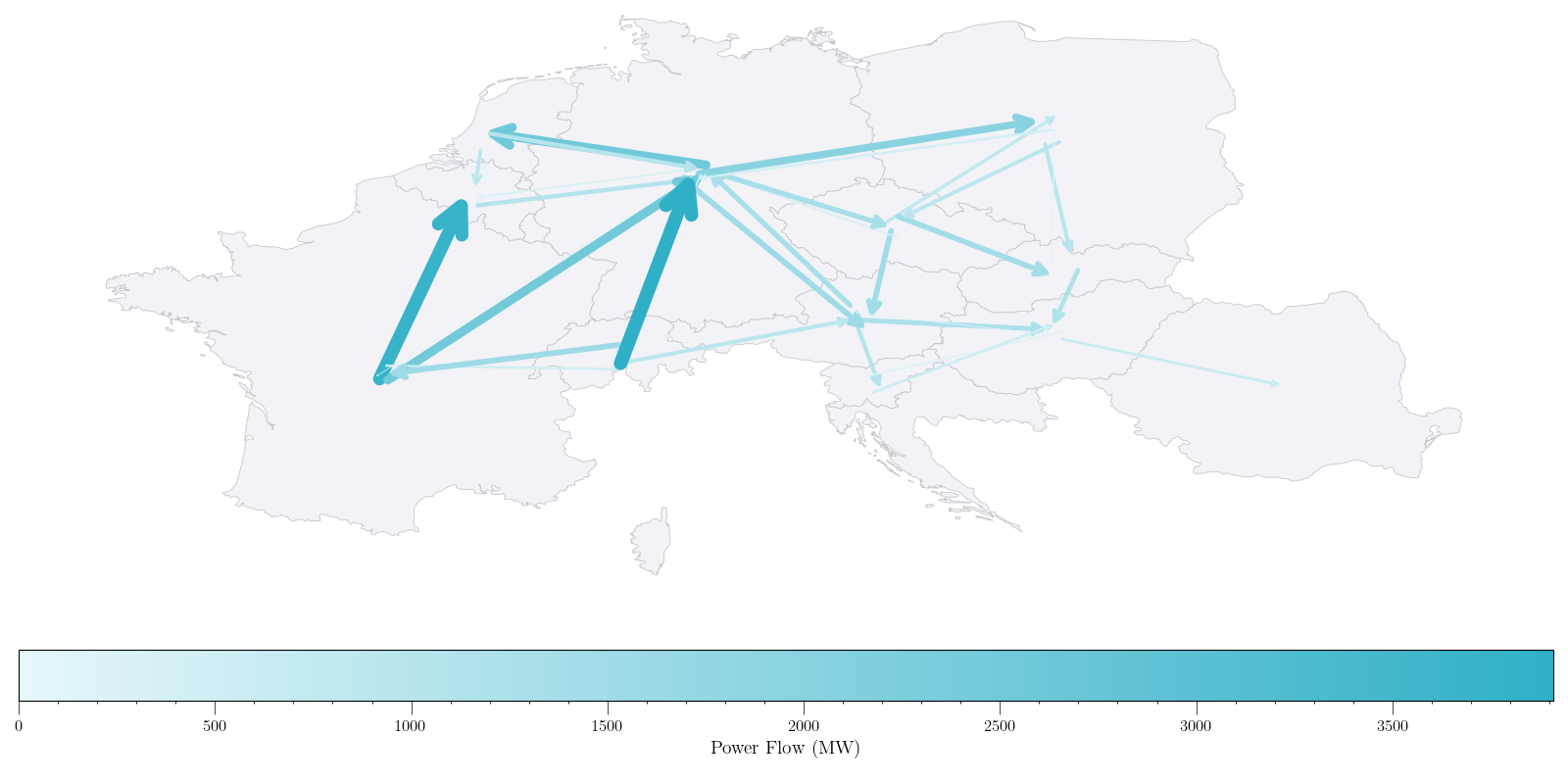This repository contains the code and data for my master's thesis on using Matrix Completion methods for panel data forecasting, with a focus on electricity price forecasting. The dissertation, which includes my results, is available here.
This project explores the potential of Matrix Completion with Nuclear Norm Minimization (MC-NNM) for panel data forecasting. It implements and evaluates, for the first time, the autocorrelated errors extension to MC-NNM proposed by Athey et al. (2021), demonstrating its benefits in a forecasting context. See also my implementation of this estimator here.
- New open-source Python implementation of MC-NNM with unprecedented flexibility in handling various covariate types
- Implementation of the autocorrelated errors extension (MC-NNM-TSR)
- Comprehensive comparison of MC-NNM against state-of-the-art electricity price forecasting methods
- Novel open-source forecast engine for standardized model comparison
- Rich dataset of European electricity prices for 12 countries retrieved from ENTSOE
data_loader.py: Functions for loading and preprocessing datadata_utils.py: Utility functions for data manipulationestimator.py: Base class for estimator implementationsforecast_engine.py: Main forecasting engine for model comparisonmodels/: Folder containing individual model implementationstraining/: Scripts for training different modelsanalysis/: Jupyter notebooks for results analysis and visualization
The forecast engine is designed to be easily customizable and extensible with new models. To add a new model, simply
create a new class in the models/ folder that inherits from the Estimator base class and implements the fit and
predict methods. It can handle any data, as long as it is passed in the correct format (see the docstrings).
To replicate my results:
- Download the files in this repository at the tag Submission
wget https://github.com/tobias-schnabel/mc-forecasting/archive/refs/tags/Submission.zip
unzip Submission.zip
cd mc-forecasting-Submission
- Install poetry if not already installed:
pip install poetry - Install dependencies:
poetry install - Run the two notebooks located in the
analysis/folder to reproduce the tables and figures - If you want to rerun the forecasts, which will take several days, you can re-run the forecasting experiments:
for window in 56 84 112; do python training/train_elasticnet_${window}.py python training/train_lasso_${window}.py python training/train_lear_${window}.py python training/train_lear_uv_${window}.py python training/train_mc_${window}.py python training/train_mctsr_${window}.py done
Contributions to improve the code, extend the analysis, or fix bugs are welcome. If you're interested in contributing, please follow these steps:
- Fork the repository
- Create a new branch for your feature (
git checkout -b feature/AmazingFeature) - Make your changes
- Commit your changes (
git commit -m 'Add some AmazingFeature') - Push to the branch (
git push origin feature/AmazingFeature) - Open a Pull Request
Please adhere to the PEP 8 style guide for Python code. I recommend using an auto-formatter like Black or ruff to
ensure consistency.
